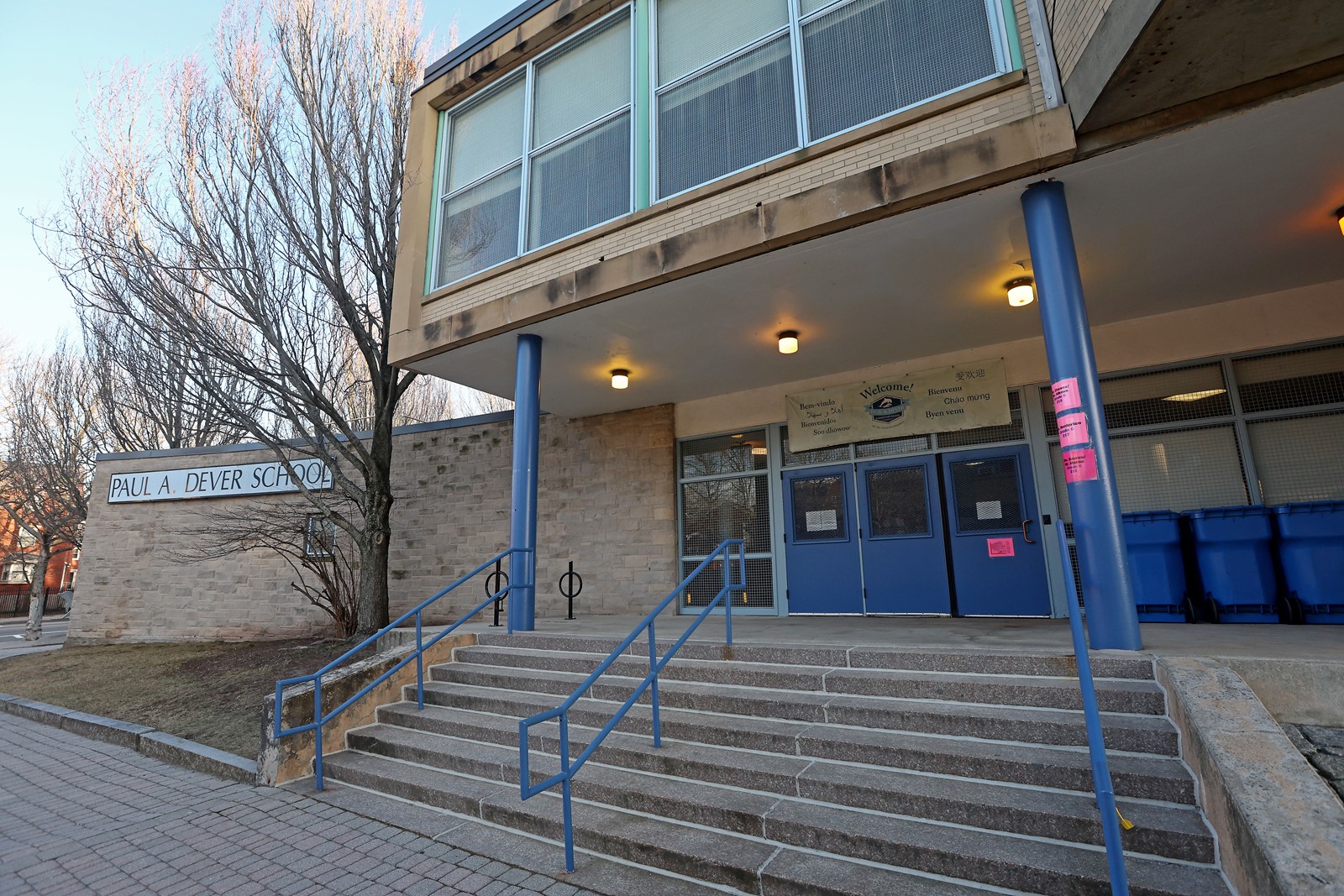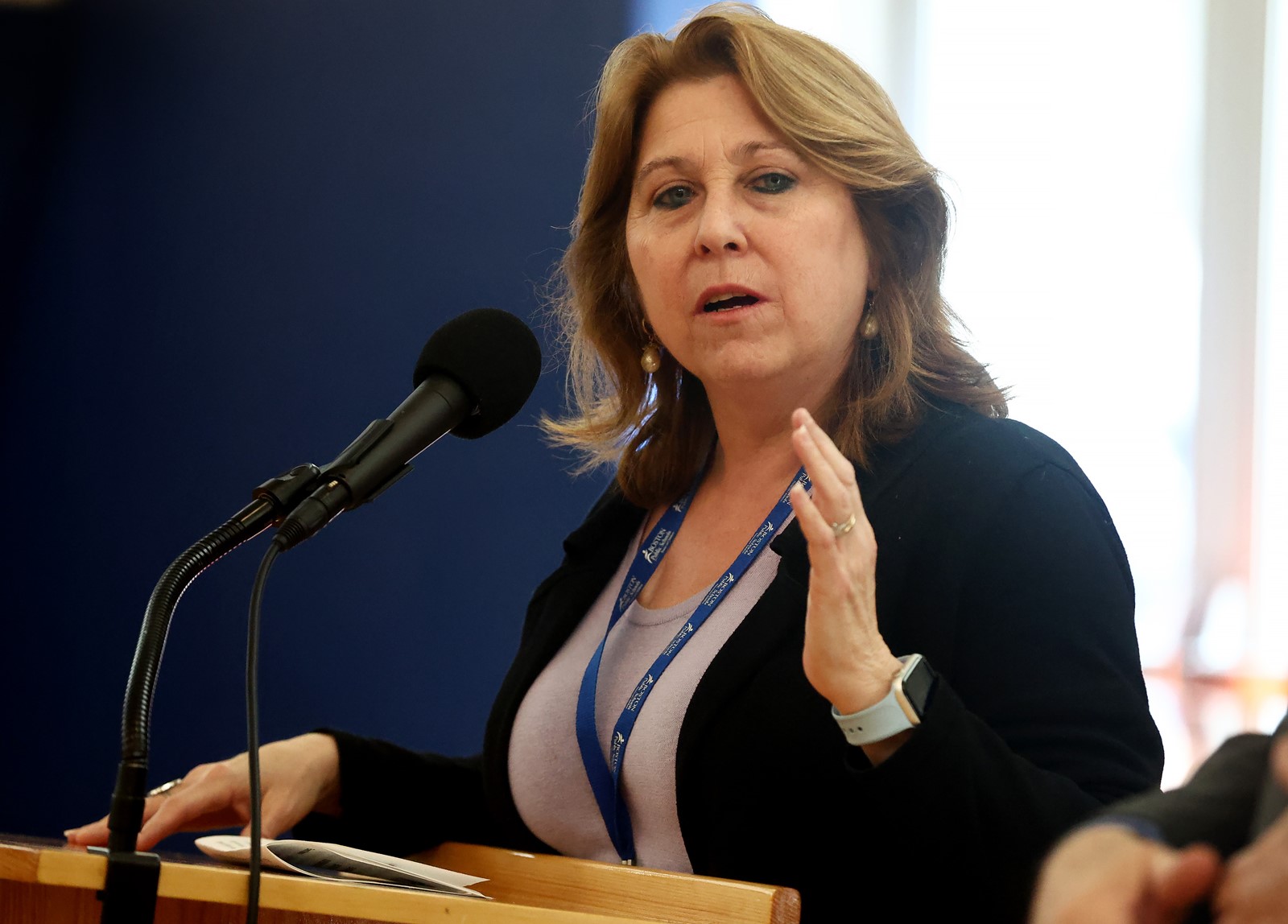

By Cheryl Buckman
As the Paul A. Dever Elementary School enters its final year, the loss we feel is not just about a building. It’s about the erasure of a legacy — one built on decades of resilience, community, and love.
For nearly 68 years, the Dever stood in the heart of Columbia Point in Dorchester, not just as a place of learning, but as a sanctuary of identity, family, and belonging. It was one of the few public schools where the fabric of the community could be felt in every classroom and hallway.
That’s why we fought so hard to save it.
The “Save the Dever” movement wasn’t born out of nostalgia. It was born out of purpose.
Parents, students, educators, and community leaders came together because we believed — and still believe — that our children deserve better than to be cast aside in the name of “rightsizing” or budget math that ignores lived realities. We rallied. We testified. We met with district officials. We wrote letters. We organized press conferences and held one another up when the odds seemed stacked against us.
And even when the Boston School Committee voted to close the school, we didn’t stop. Because the Dever isn’t just a building. It’s a legacy.
Under new leadership, the Dever was finally making meaningful gains — in test scores, in family engagement, in creating inclusive classrooms where students felt seen and supported. The old narratives of dysfunction didn’t fit anymore. And yet, the district proceeded with its closure plan, citing vague justifications that failed to consider the school’s progress or its shared campus with the Ruth Batson Academy.
The question that still echoes for many of us is: Why close a school that was finally working?
No clear answer was ever given — and that’s part of the heartbreak. But what this fight revealed is something deeper. The Dever was never just about academics. It was about people. It was powered by two essential forces: community and family. Those values were present in every PTO meeting, every hallway mural, every family celebration and after-school program. They were what gave the Dever its soul.
That spirit doesn’t disappear when the lights go out. It lives on in the students who were nurtured there. In the parents who found their voice in advocacy. In the educators who showed up every day, even when the system didn’t show up for them.
As a parent, advocate, and now lead & spokesperson for the “Save the Dever” movement, I call on the City of Boston, the Superintendent, and the Boston School Committee to formally honor what the Dever meant — and what it still means.
Recognize the extraordinary contributions of its staff, educators, students, and families. Their efforts mattered. Their advocacy mattered. The Dever may close in June 2026, but what we built around it will remain long after.
And beyond symbolic recognition, let this serve as a wake-up call.
Boston cannot continue the harmful cycle of closing schools in historically underserved neighborhoods without meaningful engagement, transparency, and long-term plans rooted in equity. These decisions do not happen in a vacuum. They ripple across generations.
The legacy of the Dever demands more.
Let this moment push us toward a more just, community-centered vision of public education — one where schools are not judged solely by test scores or enrollment charts, but by the communities they serve and the lives they shape. One where closing a school is not the first or easiest option. And one where the voices of families and students are not heard only in times of crisis, but every step of the way.
“You may close the Dever’s building, but you cannot close its legacy.” That’s what we said at the July 9th School Committee meeting — and it’s what we’ll continue to say. Because honoring the Dever means learning from its story.
Boston’s public schools must be rebuilt — not just with policies and dollars, but with heart, with inclusion, and with the people who make schools more than institutions.
That’s how we honor the Dever. That’s how we do better.
Cheryl Buckman is the lead spokesperson with “Save the Dever” movement in Boston.


 PREVIOUS ARTICLE
PREVIOUS ARTICLE
